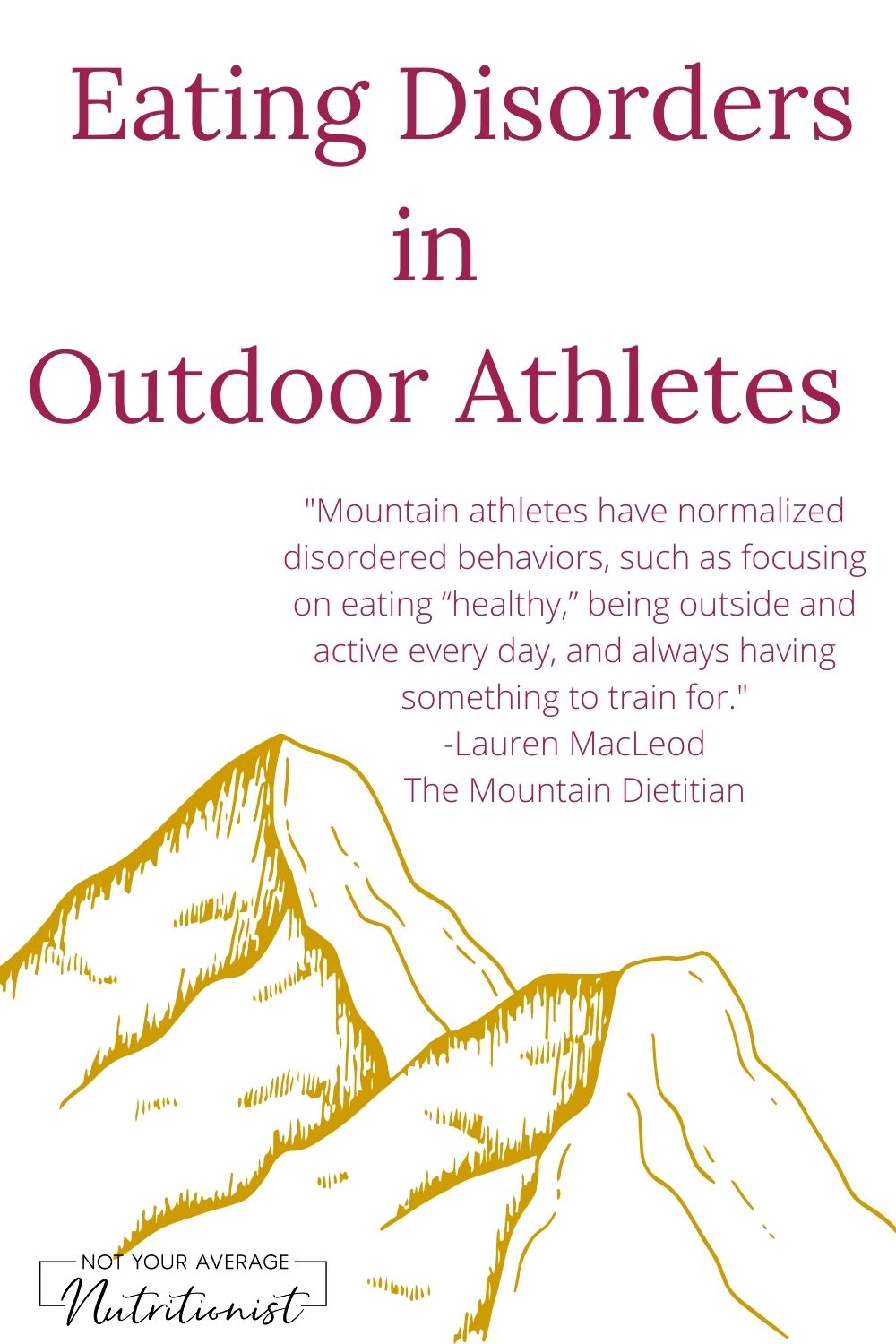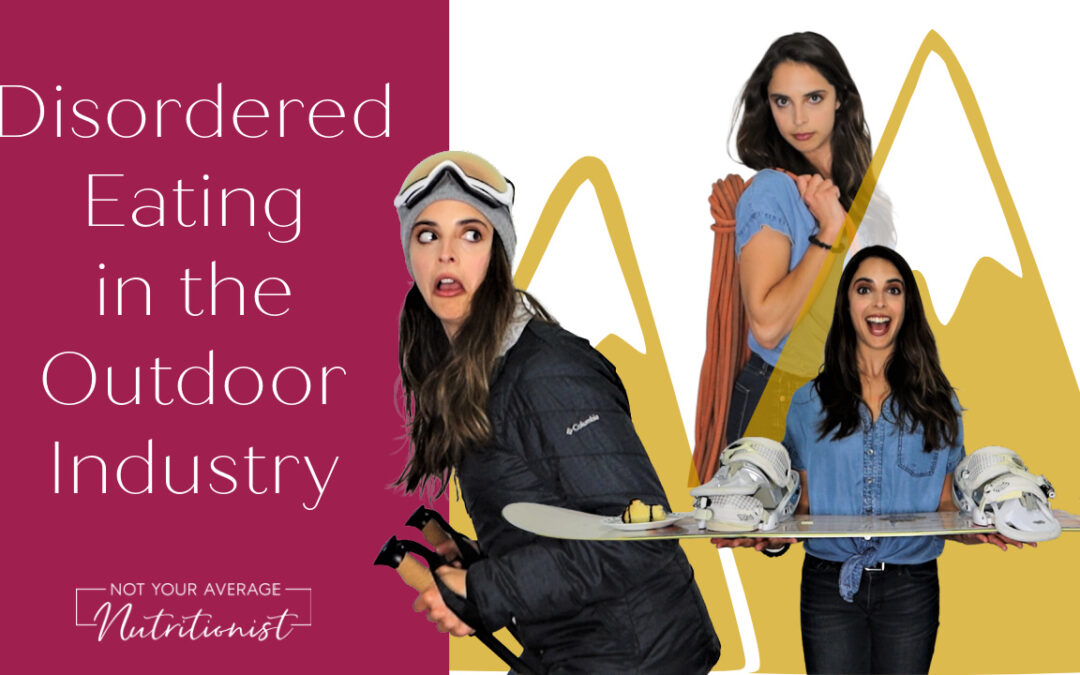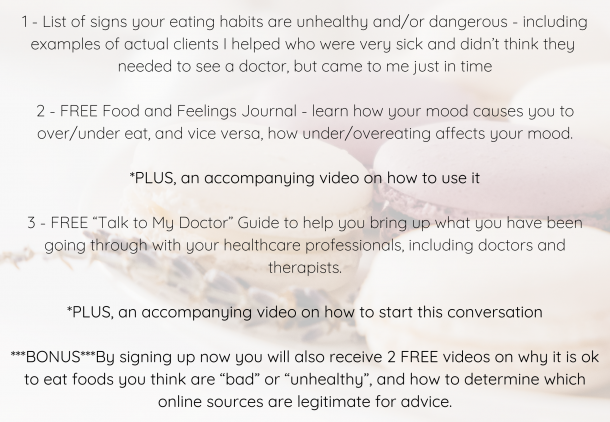Our sport dietitian, Lauren Macleod (she/her) recently appeared on the “Big Stick Energy” podcast. Lauren is a sports and eating disorder dietitian specializing in outdoor athletes in Nuumu territory, now known as Mammoth Lakes, CA. She is also a freelance writer and content creator, contributing to wellness and outdoor businesses. Her instagram @themountaindietitian is run by her and promotes evidence-based nutrition information for outdoor athletes, as well as advocate for environmental causes and amplifies underrepresented voices as best she can.
Many people may not be aware of how prevalent eating disorders are among athletes. For individuals who are performing at such high intensity levels and putting their bodies through extreme physical strain, eating and nutrition is the number one most important aspect of training and being an athlete. Athletes must eat properly in order to fuel themselves and provide their bodies with the calories and nutrients it needs to perform. Being cognisant of the prevalence of eating disorders among athletes is very crucial, as it is something not talked about frequently. In Lauren’t podcast, she sheds light onto the importance of athletes fueling their body and receiving the proper nutrition.
Lauren’s passion for her career began when she was young. She danced her whole life, and would go on annual backpacking trips with her dad. Those trips are when she discovered her “second life” as an outdoor athlete: snowboarding, touring, climbing, backpacking, mountain and gravel biking, ice skating (when her ankle heals), and even just the joy of sitting in the backcountry. Lauren found her passion for sports nutrition as she began to notice the difference in her performance between following a general, healthful diet and actually eating like an athlete. Years of disordered eating hindered her progress, but the final step to her recovery was accepting that she has to eat more (and regularly) in order to succeed in the sports she loves most.
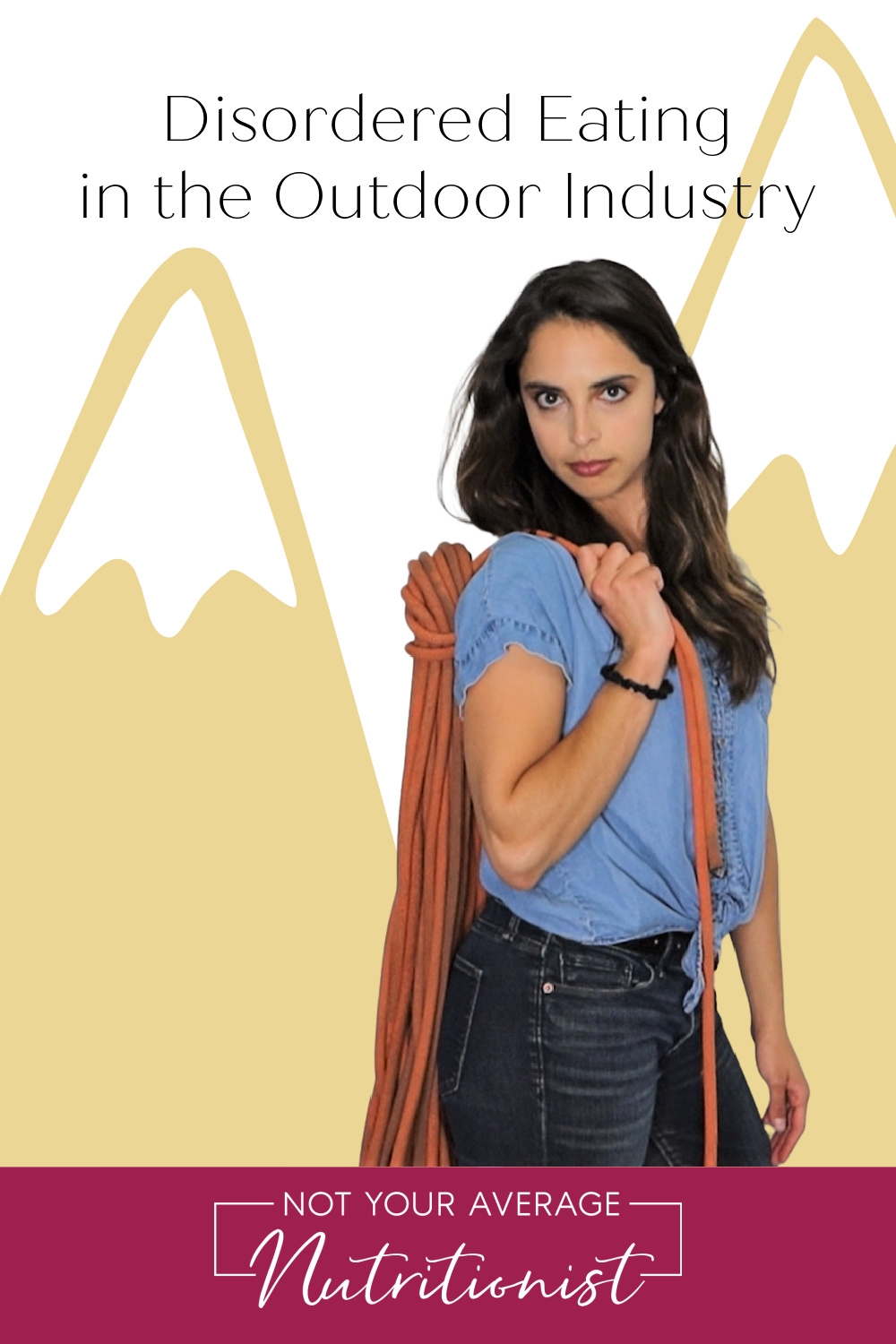
auren discussed eating disorders (EDs) in the outdoor industry on her appearance on the “Big Stick Podcast.” EDs are very prevalent in athletes and manifest in a multitude of ways. According to a 2012 study cited by the national eating disorder association NEDA, 35% female and 10% male collegiate athletes were at risk of developing an ED. An earlier study showed 20% of surveyed athletes met the criteria for an ED, compared to 5% non-athletes.
Many athletes are often obsessed with being “the best” or being “the healthiest” they’ve ever been, or being insecure about being “too muscular,” “too skinny,” or “not lean enough.” Seeing how athletes are typically represented in the outdoors, we can see how they might feel like they need to match that body ideal. These tendencies can lead to orthorexia, which isn’t talked about enough and is often overlooked as a form of ED.
A lot of times when people think of those suffering from an ED, the typical view is of an emaciated-looking young whie girl. The reality is that EDs affect all genders and by a variety of people. Male-identifying athletes in the outdoor industry are also impacted by EDs!
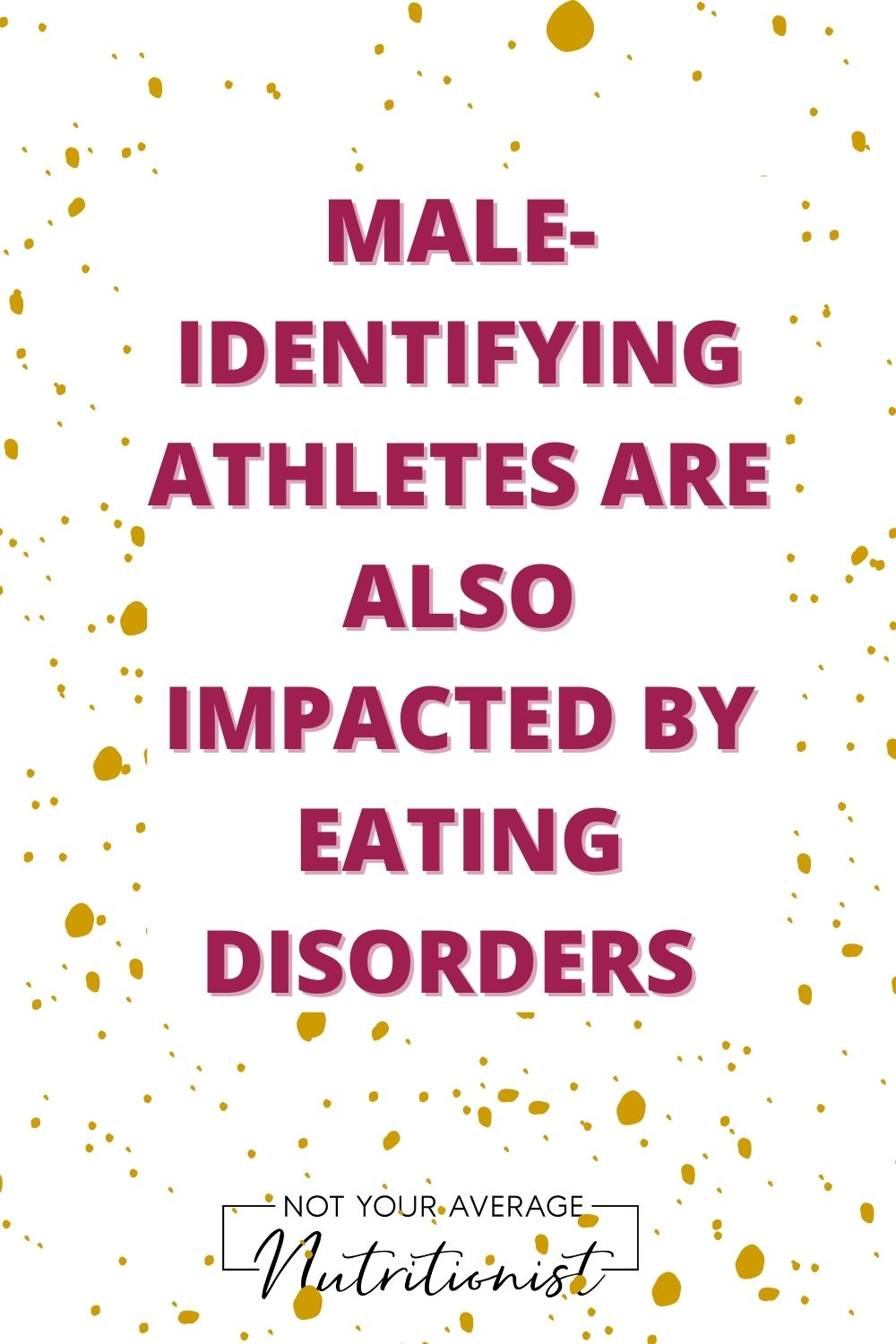
Society often celebrates disordered behaviors/red flag “normalized” behaviors in the outdoor industry. For example, “cutting out” certain foods, like carbs. Carbohydrates are essential to life, in fact just your brain alone needs ~130g carbs per day (roughly the equivalent of 4 large bananas or 8 slices of bread/half a loaf of bread). JUST YOUR BRAIN!
So many people label foods as “good” or “bad” and then feel immense guilt for eating any “bad” food. There is no such thing as “good” vs. “bad” food, all foods can fit in a healthy diet, and variety is important! Likewise, overtraining, and not taking rest days can hurt our bodies more than it can help. During rest days our muscles rebuild themselves to become even stronger!
It’s important for not just athletes, but everyone to fuel their body from a place of love, not hate. There is such a difference in exercising because you feel hate towards our body compared to exercising to celebrate what your body is capable of. Mountain athletes have normalized disordered behaviors, such as focusing on eating “healthy,” being outside and active every day, and always having something to train for.
In this episode, Lauren also discussed myths about athletes and weight. A leaner body does not equal stronger/faster/more fit. One’s weight and body composition is influenced by so many more factors: what you last ate, time of day, fluid, genetics, and more! Striving to change your body size by overtraining and underfueling can lead to physical (including performance) and emotional damage. Mental health is so important but can easily be destroyed by negative self talk.
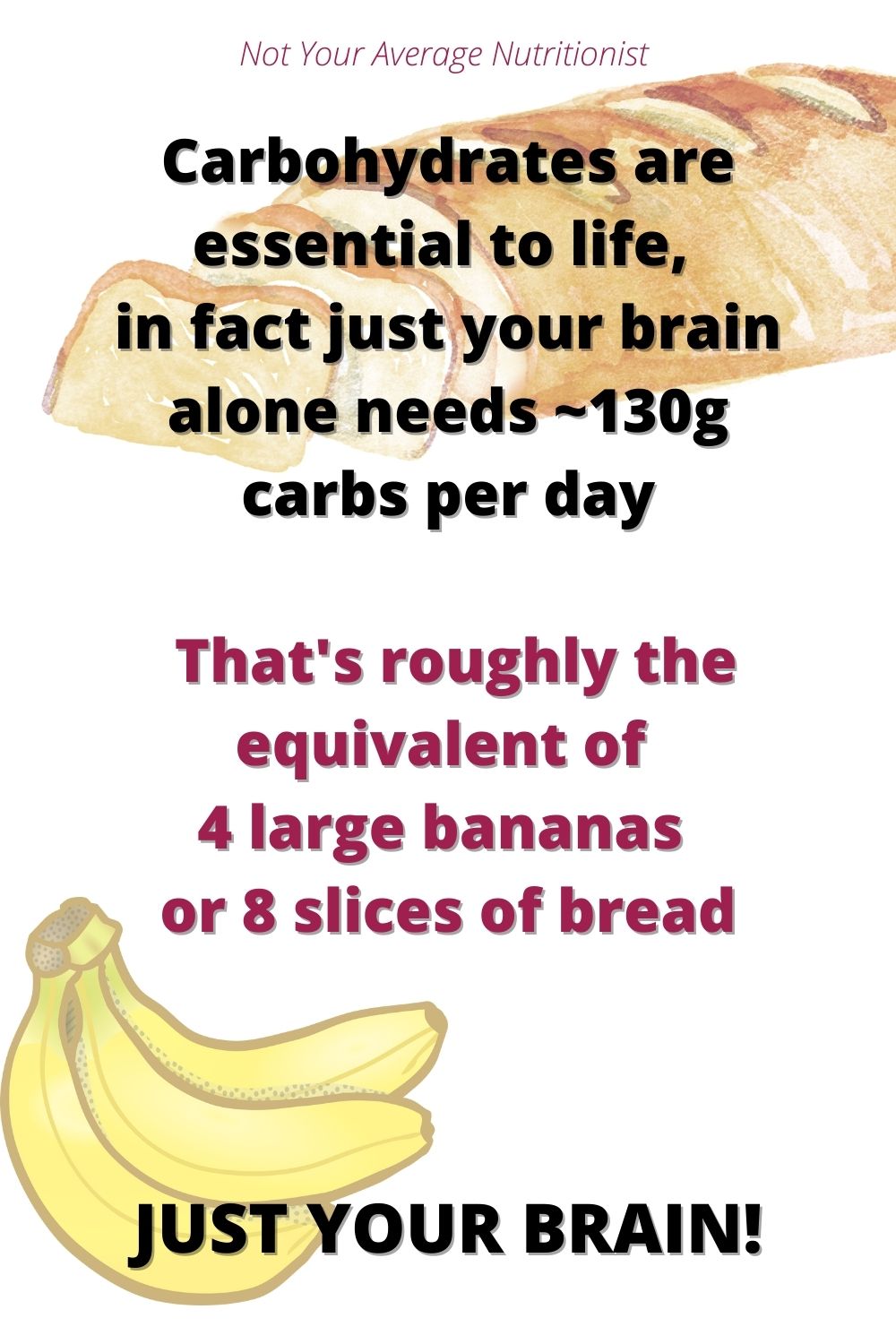
Weight inclusivity in gear/clothing is also touched on. So many brands that have co-opted “body positivity” still focus on one beauty ideal. It’s like they’re saying “oh yeah, you can feel positive about your body, but only if you fit [current beauty ideal]” or, even worse, as long as you aren’t “promoting obesity” which makes our skin crawl to even say. “Embrace your flaws – but we only offer up to a size 14” (when the average American woman is a size 16). What the heck is up with that?
One step in the right direction is Marmot offering up to size XXXL and 22 in bottoms starting Spring 2020. REI, Prana, Patagonia will be following suit. One line Lauren loves is the “Girlfriend Collective” – casual activewear showcases multiple models of different sizes/colors for each clothing item.
Be sure to give this episode a listen to hear more about all these topics discussed in this week’s blog post! Hopefully this episode offers some “food for thought” (pun intended) to help shape the ways that we define an athlete, what we consider to be fit, and how we associate decisions with food. If you would like to work with Lauren 1-on-1, contact us to get your journey started today!
